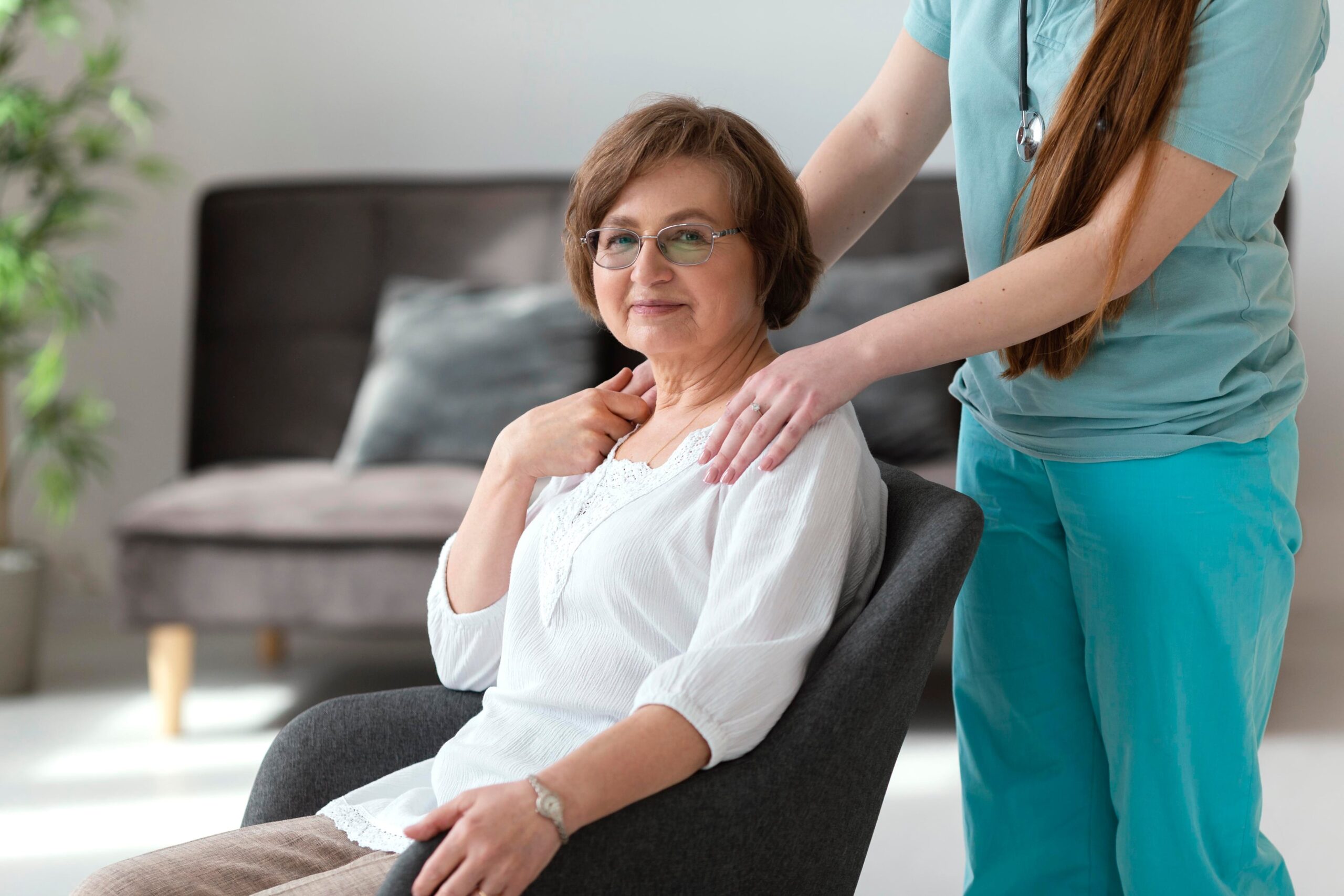Making the decision that your loved one may require more care is never easy. Moving them to a home care environment is a massive decision that will impact your family emotionally, practically and financially. Making the right decision on the matter is therefore of the utmost importance, meaning you will need to be on the lookout for signs that they definitely need additional care.
It is important to note that in-home care can help manage many of these issues and save the family the emotional, physical, financial impact of a big move to a care facility.
For most families, it isn’t until a major incident or crisis occurs before they seek out an assisted living arrangements for an elderly family member. But doing so during an emotionally charged period can make things that bit harder, so it can be a good idea to be on the lookout for prominent signs before any sort of crisis occurs.
Here are some of the most common signs to be on the lookout for:
A Decline in Personal Hygiene
One of the most notable signs that an elderly person requires additional care with their daily living is when their personal hygiene declines. It could be body odor, a lack of personal grooming, or wearing clothing that is dirty – these are among the first signs that they could need some care.
Reasons for a lack of personal hygiene varies from each individual. It could be down to a forgetful memory or physical limitations that make bathing/showering that bit harder, so be sure to be on the lookout for personal reasons for this to help in your decision.
Issues with Driving
Elderly drivers can be a worrisome prospect for families that are worried about their healthy. There is a serious risk of injury to your loved one or another individual, but they may want to remain as independent as possible, making it harder for you to dissuade them from further driving.
If they continue to drive, be on the lookout for signs of damage to their vehicle such as scratches, dents, and chips, as well as obvious signs such as them being in frequent auto accidents in a short period.
Reasons for this happening will again vary, but most are linked to declines in health (deteriorating vision, hearing, memory, cognitive functioning etc.)
Their Living Area is in a Poor Condition
Next time you visit them in their own living area, take the time to inspect its overall condition. Check each room for signs, including rotting food, stains on the carpets, along with bathrooms and kitchens that are very unsanitary.
Be sure that this decline is out of their character. You should know yourself whether this is something that is normal, is it because they cannot clean the house as they once did? Could they be forgetting about chores they used to keep on top of?
If so, it can be an indicator that they require further care – housekeeping duties can be include for home health care, so your mind will be at rest.
Frequent and Unexplained Bruising
We all get bruises that we struggle to explain – it’s very easy to bang into something and totally forget about it until a bruise appears!
Yet with an elderly loved one, frequent and unexplained bruising could be a sign that they need more care, particularly if the bruising is large. This usually indicates that they might be falling when at home, and this is always a sign that should be taken very seriously.
Be it mobility issues or cognitive ones that cause them, struggling to navigate their own homes is always a cause for concern as they are serious risk of injuring themselves. Plus, at this age falls and injuries can be hard to recover from.
